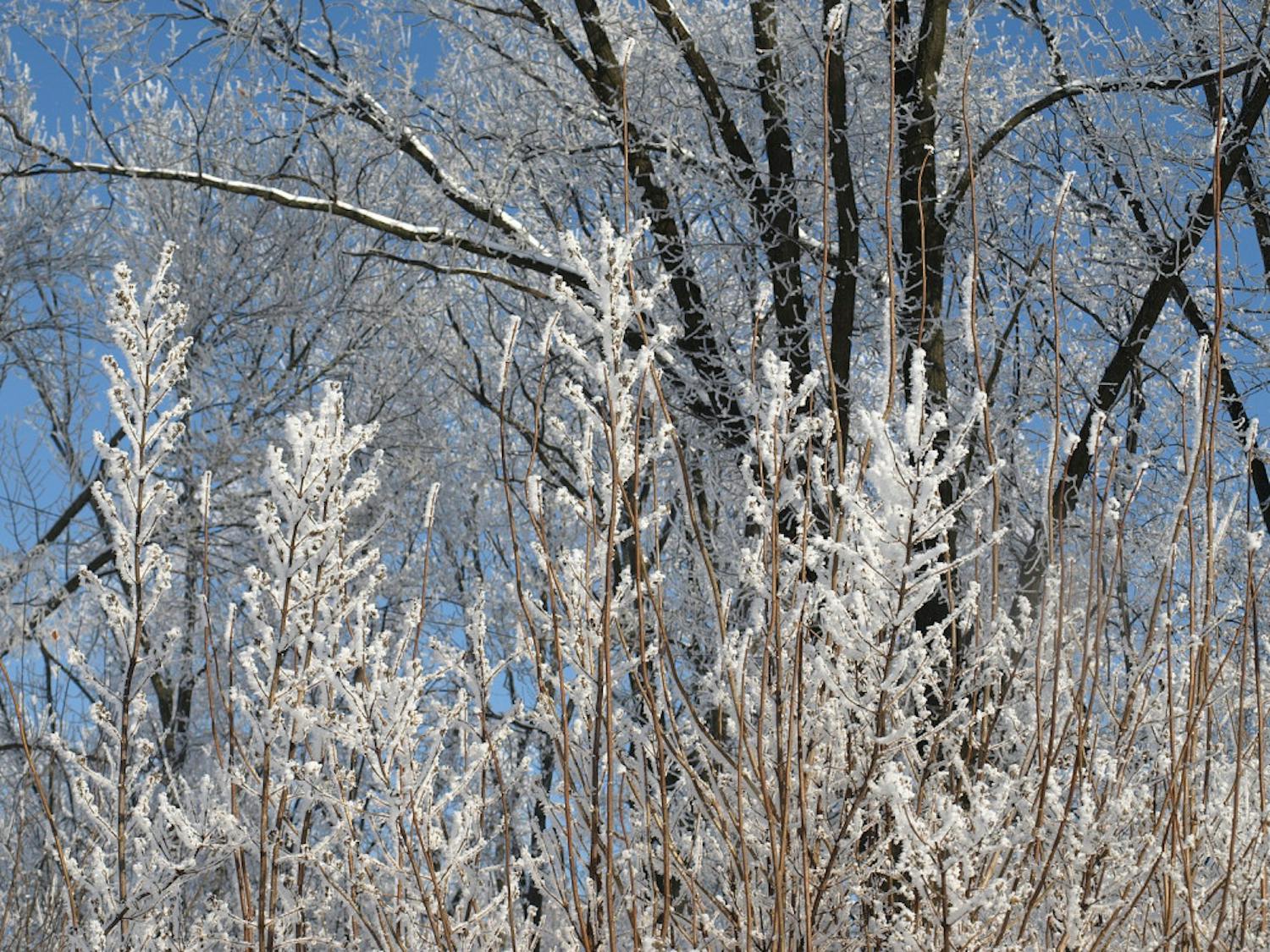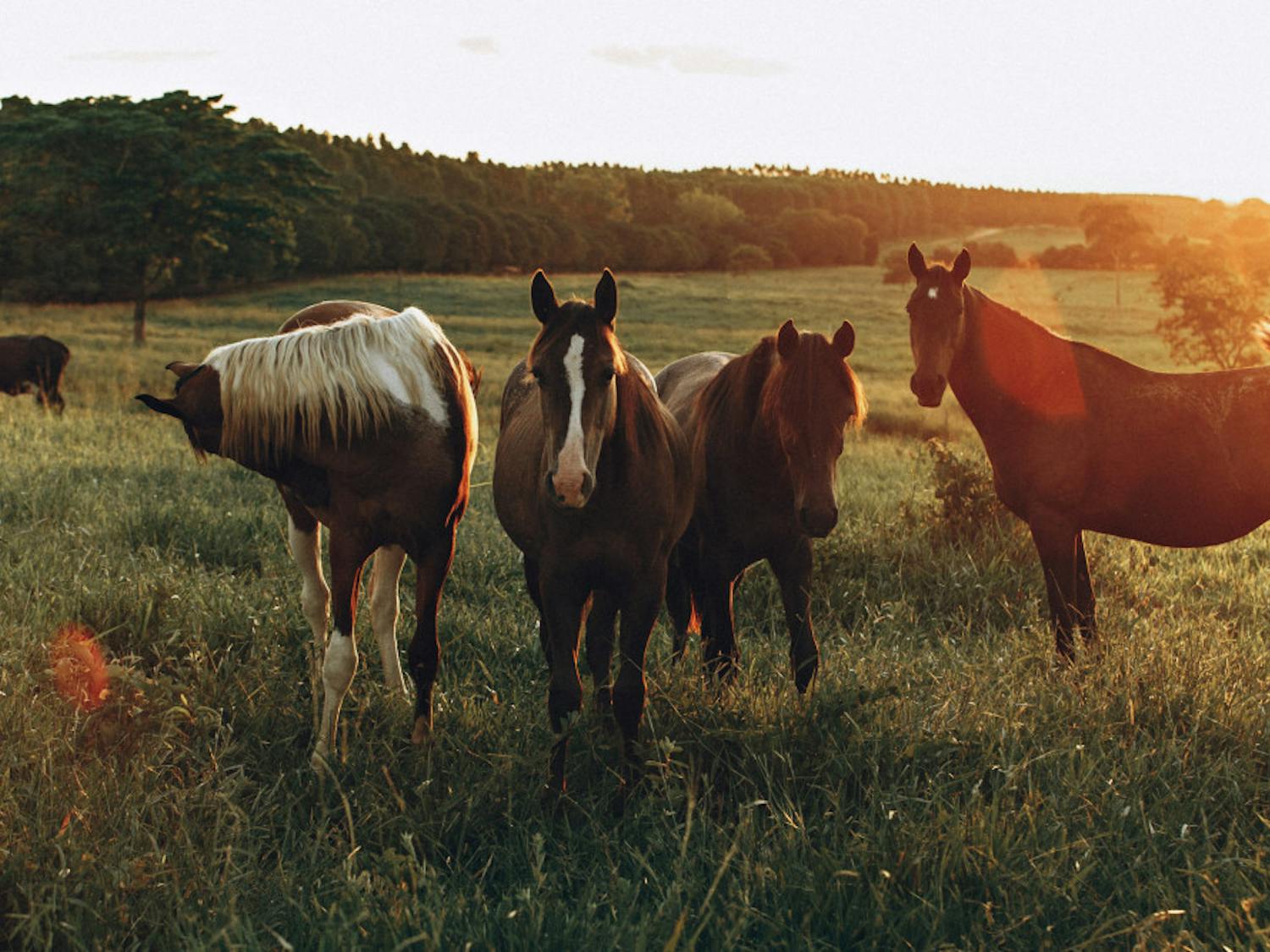Life In STEM: Kyrielle Lord on environmental science and social justice
By Ian Lau | December 8The Daily sat down with environmental engineering major Kyrielle Lord, a junior, for a conversation about environmental activism and Lord’s Tisch Summer Fellowship with the Mystic River Watershed Association.






